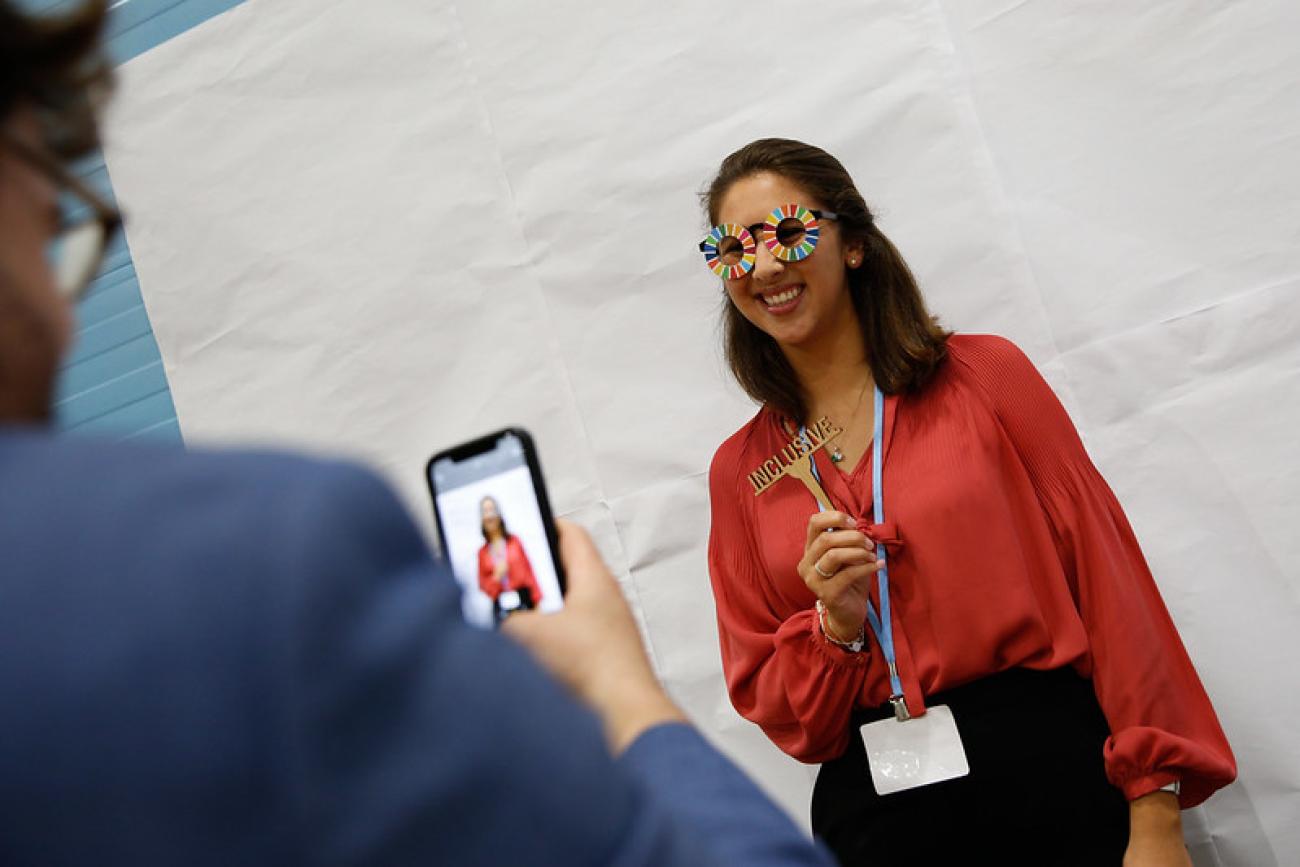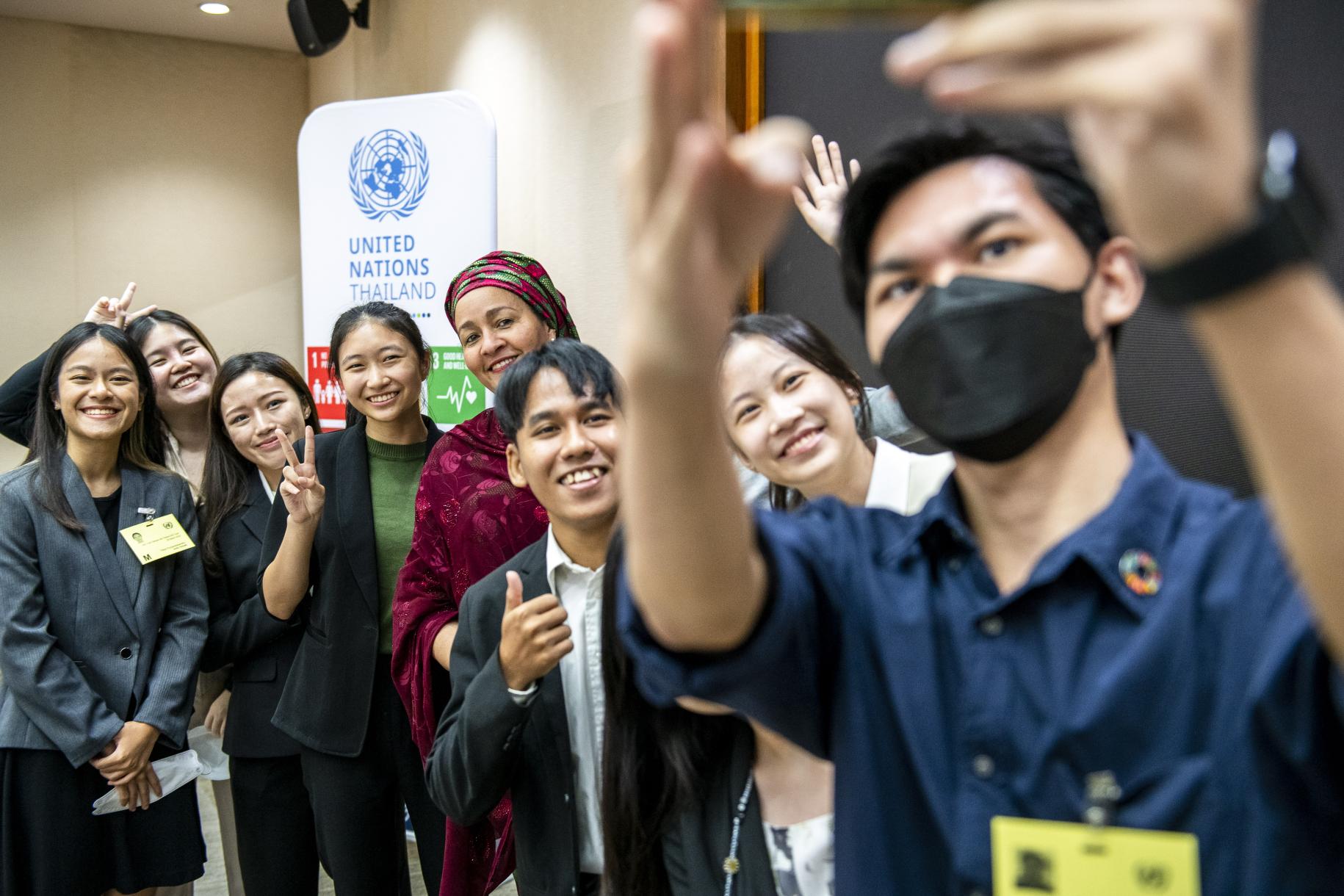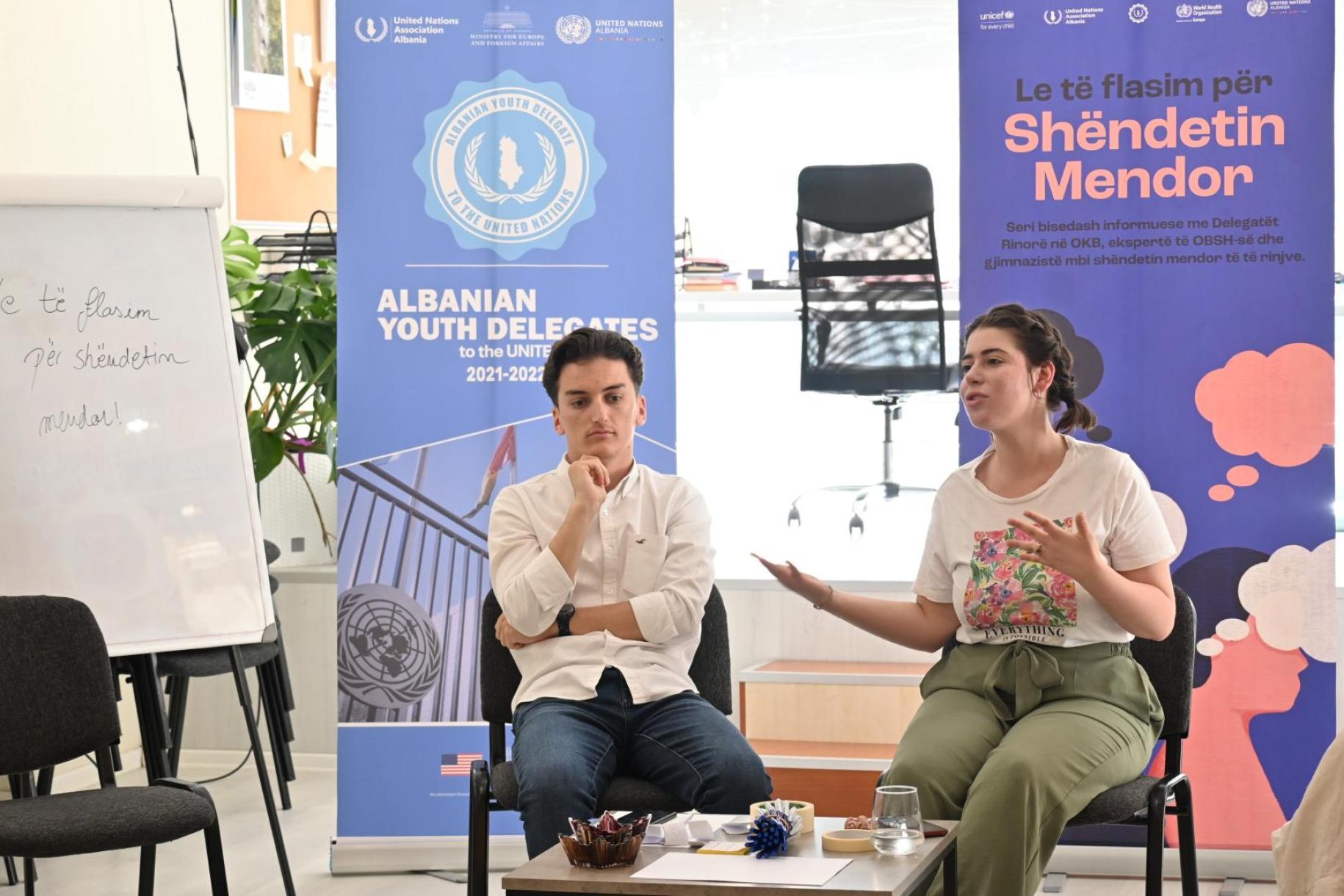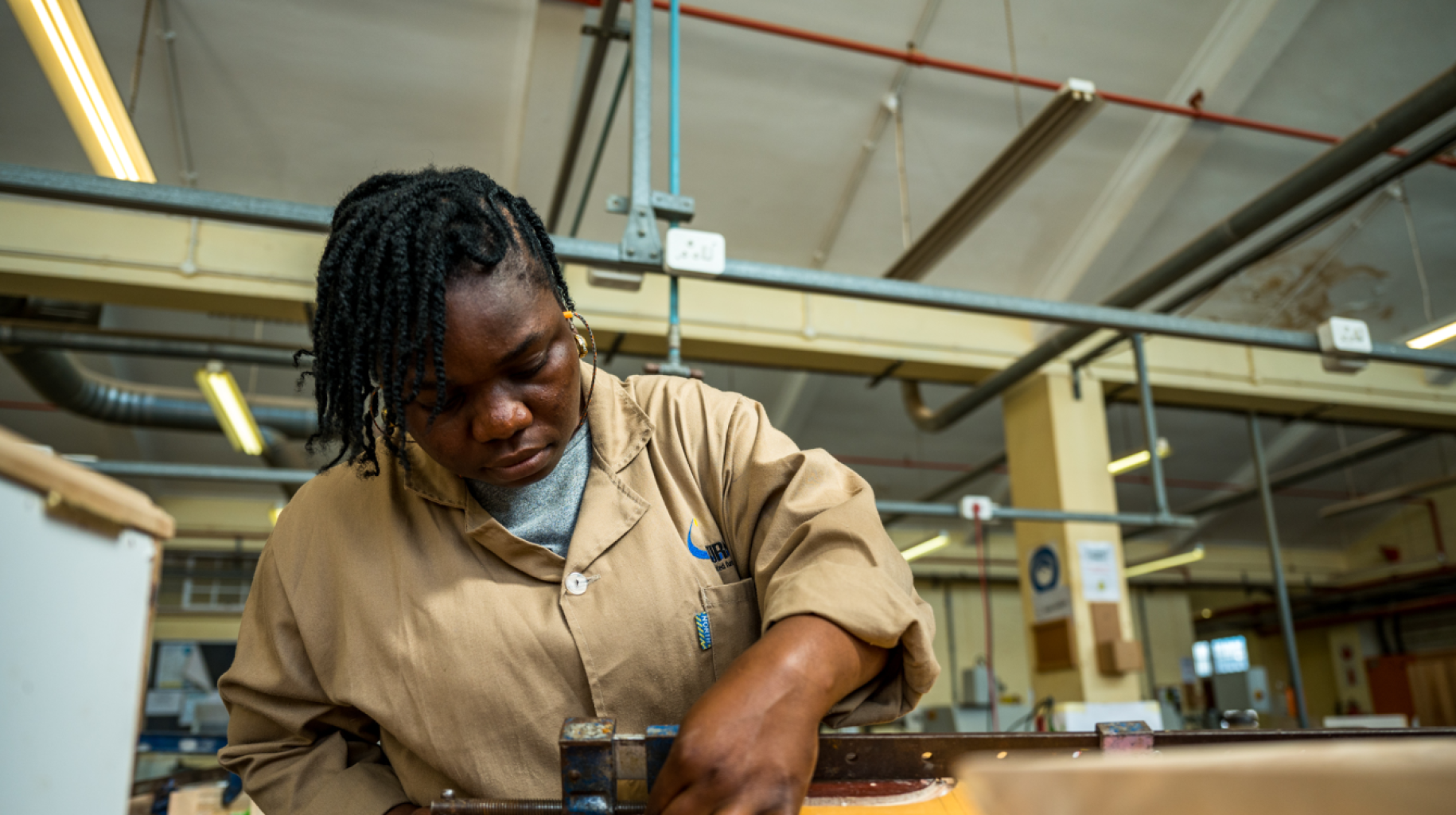Let the #YouthLead: Lessons from UN Resident Coordinators and Country Teams

From forging new paths for climate action to keeping government leaders accountable and deftly navigating the perks and perils of a digital world, young people all over the world are beacons of hope and change in these tumultuous times.
Issues like climate change, jobs and income, inclusion and diversity carry the highest stakes for young people. Yet too often, their voices are excluded from the political processes and critical decisions impacting their future the most.
The Youth2030, the UN’s Youth Strategy, launched in 2018, has provided a blueprint to guide the UN’s engagement with young people and their ideas and insights on the Sustainable Development Goals. Today, 55 UN Entities and 131 UN Country Teams are involved in implementing this strategy.
UN Resident Coordinators, leading these UN country teams on the ground, are at the forefront of these efforts. With their networks and mandates, Resident Coordinators are bringing youth into the fold in three significant ways:
1) Creating spaces in the national discourse for the SDGs
In countries including Serbia, Kyrgyz Republic, Albania, Jordan, Brazil and others, dedicated Youth Advisory Boards/ Councils, consisting of young people from diverse walks of life, have been established to help shape the UN’s work on the ground and inform the programmes and policies focused on youth in the UN Sustainable Development Cooperation Frameworks. In Serbia, for instance, the Youth Board has shaped the agenda of the UN country team significantly, resulting in the UNCT allocating over 10 million USD for youth-led programmes in the country. Representatives from this Youth Advisory Group have also been closely involved in pre-COP27 consultations last year, as well as global platforms such as the UNDRR Youth Network and the ECOSOC Youth Forum.
In Egypt, under the leadership of the Resident Coordinator and the UN Country Team, a Youth Climate Change Committee is currently being set up, following Egypt’s hosting of COP27 last year. This is being carried out under a joint project between the Ministry of Youth and Sports, and the Youth Thematic Group of the UN country team. This committee consists of young people from the different governorates of Egypt, who will receive trainings on climate politics, and be engaged in the designing, development and implementation of climate policies and participate in climate negotiations.

In Thailand, the Youth Panel for the Sustainable Development Goals (SDGs), comprising young leaders, serves as an advisory board to the Resident Coordinator and the UN Country Team. Their ideas and advice informed the development of the UN Sustainable Development Cooperation Framework and have been instrumental in raising awareness about the SDGs, through digital-first platforms like Instagram.
2) Expanding partnerships with youth and youth-led organizations
The UN in Albania has pioneered a number of innovative partnerships aimed at engaging and reaching youth to promote the SDGs. The first of these partnerships was with the Tirane European Youth Capital, under the European Youth Forum, which has hosted more than 40 events targeting the Albanian youth last year. Through this partnership, young people were provided various learning opportunities and were able to participate in conferences and exhibitions on key development issues. One of the events, the #Youth4Health–Tirane 2022 Health and Well-being Forum held last year paved the way for WHO-Europe’s first-ever regional youth network. Another partnership was forged between UN Albania and Vodafone in an effort to raise awareness and encourage action on SDGs. Through this partnership an interactive SDG quiz was developed on the Vodafone app with an estimated reach of at least 400,000 users.

3) Supporting and driving investments for youth-led solutions
With 79% of the population consisting of young people, for Liberia- youth employment and entrepreneurship are key drivers for long-term sustainable development. Two initiatives run by the UN Country team- the “Youth Rising” project and the “Youth at Risk” programme- are empowering young people, particularly young women, with skills, vocational training and practical jobs in sectors such as agriculture, construction, timber and mining. Such training is helping boost local economies and strengthen social cohesion.
In Colombia, in response to widespread strikes and clashes between youth and police, the UN Country team- particularly UNICEF, ILO and UNFPA are implementing a joint project in three cities where youth are acquiring skills to become active agents of change and drivers of peace and reconciliation. Thus far, 400 Colombian youths have participated in this initiative, taking a leadership role in managing risks and preventing violence in their territory.

In the Democratic Republic of Congo, UN Women is partnering with the African Union Commission (AUC) and the International Telecommunication Union (ITU), to implement an Africa-wide flagship program "Girls Who Can Code" (GWCC). The programme trains and empowers young girls aged 17-25 across Africa to become computer programmers, designers, and developers.
In Guatemala, an online SDG Course developed by the UN is helping empower hundreds of young Guatemalans to become drivers of change in their communities. This course has now been adapted to start an SDG Champions Programme. As part of the programme, two young women, 19-year-old Sofia Posadas and 22-year-old Lea Abac2 are set to visit schools in their home regions, Sacatepéquez in the north of the country and Quetzaltenango, in the west, to teach 200 students about the SDGs.
Halfway on the road to 2030, it is clear that no goal can be fully realized without young peoples’ active leadership. Incremental steps need to be traded in for bold, systemic action with young people empowered to make decisions. The upcoming SDG Summit in September offers an important opportunity for world leaders to double down on their commitments towards the goals and create space for young people to truly lead.
The only sustainable future is one which fully harnesses the potential of youth.













